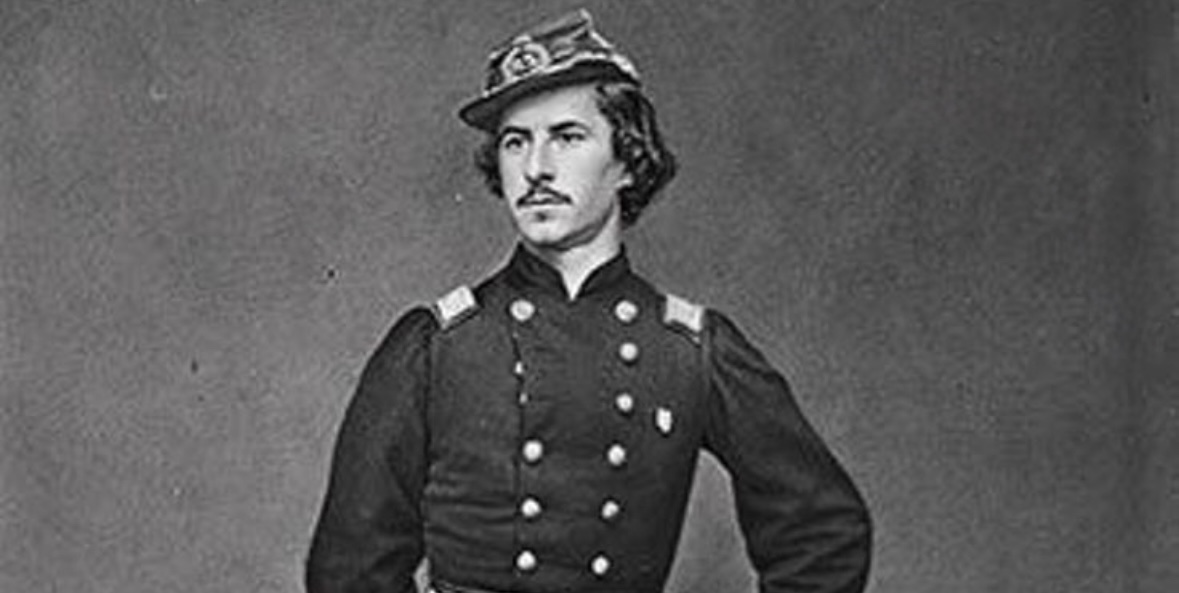Colonel Elmer Ephraim Ellsworth (1837–1861) holds a unique place in American history as the first Union officer killed in the Civil War. His life, though brief, intersected with significant historical currents, including his connections to Wisconsin and his prominent role in the early days of the conflict.
Elmer Ellsworth was born on April 11, 1837, in Malta, New York. Though he spent much of his early life in Illinois, he had a strong influence on Wisconsin’s pre-war militia organization. In the late 1850s, he traveled through the Midwest training local militias, including units in Milwaukee and Madison. His military drills and Zouave-style tactics were eagerly adopted, helping to instill discipline and readiness in Wisconsin’s volunteer ranks.
After his death, Wisconsin honored his memory in several ways. In 1866, the village of Ellsworth in Pierce County was named after him. Today, Ellsworth is the county seat and continues to bear his name as a lasting tribute. Historical markers in the village acknowledge this connection, and his legacy is still remembered locally through community and veteran events.
Ellsworth’s military career was marked by innovation and charisma. He founded the United States Zouave Cadets in Chicago, a precision drill unit inspired by French colonial troops. Their colorful uniforms and stunning performance tours made Ellsworth a national celebrity and sparked interest in organized militia units across the North.
A close friend of Abraham Lincoln, Ellsworth moved to Springfield, Illinois, to study law and eventually worked in Lincoln’s law office. He accompanied Lincoln to Washington, D.C., after the 1860 election. With war looming, Ellsworth raised the 11th New York Volunteer Infantry, known as the “Fire Zouaves” due to its composition of former New York City firefighters.
On May 24, 1861, just one day after Virginia seceded, Ellsworth led a mission to remove a large Confederate flag atop the Marshall House Inn in Alexandria, Virginia. The flag had become a provocative symbol, visible from the White House. After successfully cutting it down, Ellsworth was fatally shot by innkeeper James W. Jackson. His death deeply affected the nation. President Lincoln, overcome with grief, ordered Ellsworth’s body to lie in state in the East Room of the White House.
“Remember Ellsworth” became an early rallying cry for Union troops, symbolizing youthful sacrifice and Northern resolve.
For more information
- National Park Service: Elmer Ellsworth
- Wikipedia: Elmer E. Ellsworth
- Army Historical Foundation: Elmer E. Ellsworth
- Civil War Monitor: Elmer Ellsworth and The Zouave
- Saratoga County History Center: Colonel Elmer Ellsworth
- Pierce County Journal: Ellsworth namesake came from humble origins
For those interested in a comprehensive biography, Meg Groeling’s First Fallen: The Life of Colonel Elmer Ellsworth, the North’s First Civil War Hero provides an in-depth look at his life and legacy.














